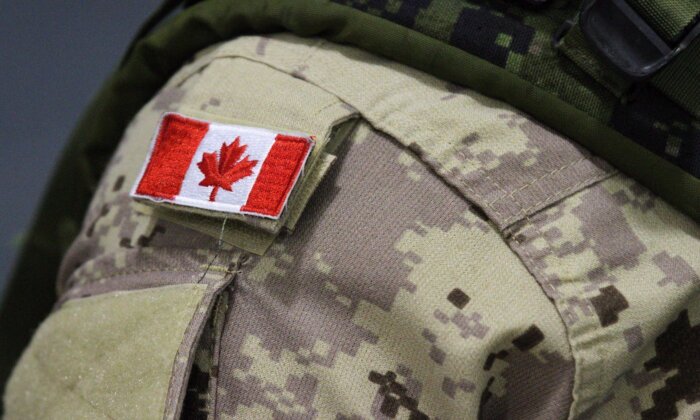Commentary
Canada is facing a critical juncture. With a volatile global security landscape and internal challenges mounting, it must navigate the balance between being a credible international player and the limitations of its resources and military capabilities. The decisions made now will not only shape Canada’s role on the world stage but also its ability to protect itself in a rapidly changing geopolitical environment. The fundamental question is whether Canada can uphold its alliances while safeguarding its sovereignty. The key lies in adopting a disciplined defense approach that prioritizes national interests, strengthens partnerships, and exercises strategic restraint.
For years, Canada’s defense policy has suffered from a significant gap. The grand words about Canada’s dedication to global security have not been matched by sufficient investment or effective implementation. This mismatch has left the Canadian Armed Forces (CAF) stretched thin, underfunded, and struggling to meet its obligations. While the government’s 2017 Strong, Secure, Engaged strategy aimed to address these issues with promises of new equipment and personnel, the results have been underwhelming. Recruitment challenges, delays in procurement, and outdated infrastructure continue to hinder the CAF, raising doubts about its readiness to respond to emerging threats.
The recent Our North, Strong and Free initiative acknowledges these shortcomings. Released this year, it focuses on Arctic security, recognizing the region’s strategic importance amid climate change and geopolitical competition. As the Arctic becomes a hotspot for military activities, protecting Canada’s sovereignty in the region is crucial. However, inadequate infrastructure, from icebreakers to surveillance systems, poses a significant challenge. Without substantial investment, Canada risks losing its foothold in this critical area.
The Arctic is just one aspect of the larger defense puzzle. As a NATO member and participant in global coalitions, Canada has a history of contributing to international security efforts. These contributions have been vital for Canada’s credibility among allies, particularly the United States. However, maintaining this engagement poses challenges due to limited military capacity and inadequate defense spending. With defense budget falling short of NATO’s target, Canada struggles to meet its commitments effectively. Delays in acquiring essential equipment further exacerbate the problem, highlighting systemic issues in defense procurement.
In this context, exercising strategic restraint is crucial. It does not mean abandoning global commitments but rather focusing resources where they can have the most impact. Prioritizing Arctic and North American defense, including enhancing NORAD capabilities, is essential. Strengthening early warning systems and investing in Arctic infrastructure are critical steps to safeguarding Canada’s interests in the region. A functional and capable military is necessary to implement these strategies effectively, requiring a cultural shift within the CAF to attract and retain talented personnel.
Addressing these challenges also requires increased public awareness and engagement with defense policy. Only with a comprehensive and coherent approach can Canada navigate its current security dilemmas and maintain its credibility as a reliable international partner.
Too often, defense spending has been overlooked in favor of domestic issues like healthcare and education. While these are crucial priorities, they rely on a strong defense foundation. A nation that cannot protect itself cannot properly care for its citizens. Unfortunately, Canadian governments have failed to emphasize this point, leading to a lack of attention on defense policy. This leadership failure puts Canada at risk of being unprepared for a more dangerous world.
Canada’s defense strategy does not need a complete overhaul; it requires a focused adjustment. By concentrating on the Arctic and North America, updating its military capabilities, and engaging strategically on the global stage, Canada can maintain its role as a responsible global player without stretching itself too thin. This approach reflects an understanding of limited resources and evolving geopolitical challenges. It highlights that Canada’s strength lies in quality over quantity.
The current situation is critical. With escalating geopolitical tensions and emerging threats, Canada must take decisive action to protect its borders, fulfill its obligations, and remain a reliable ally in an uncertain global landscape. The decisions made now will shape Canada’s position for years to come. This is not a time for vague goals; it is a moment for clear strategy and purposeful steps. By focusing on what truly matters, Canada can safeguard its sovereignty and ensure its security in the future.
*Views expressed in this article are solely those of the author and do not necessarily represent the views of The Epoch Times.*
Source link






